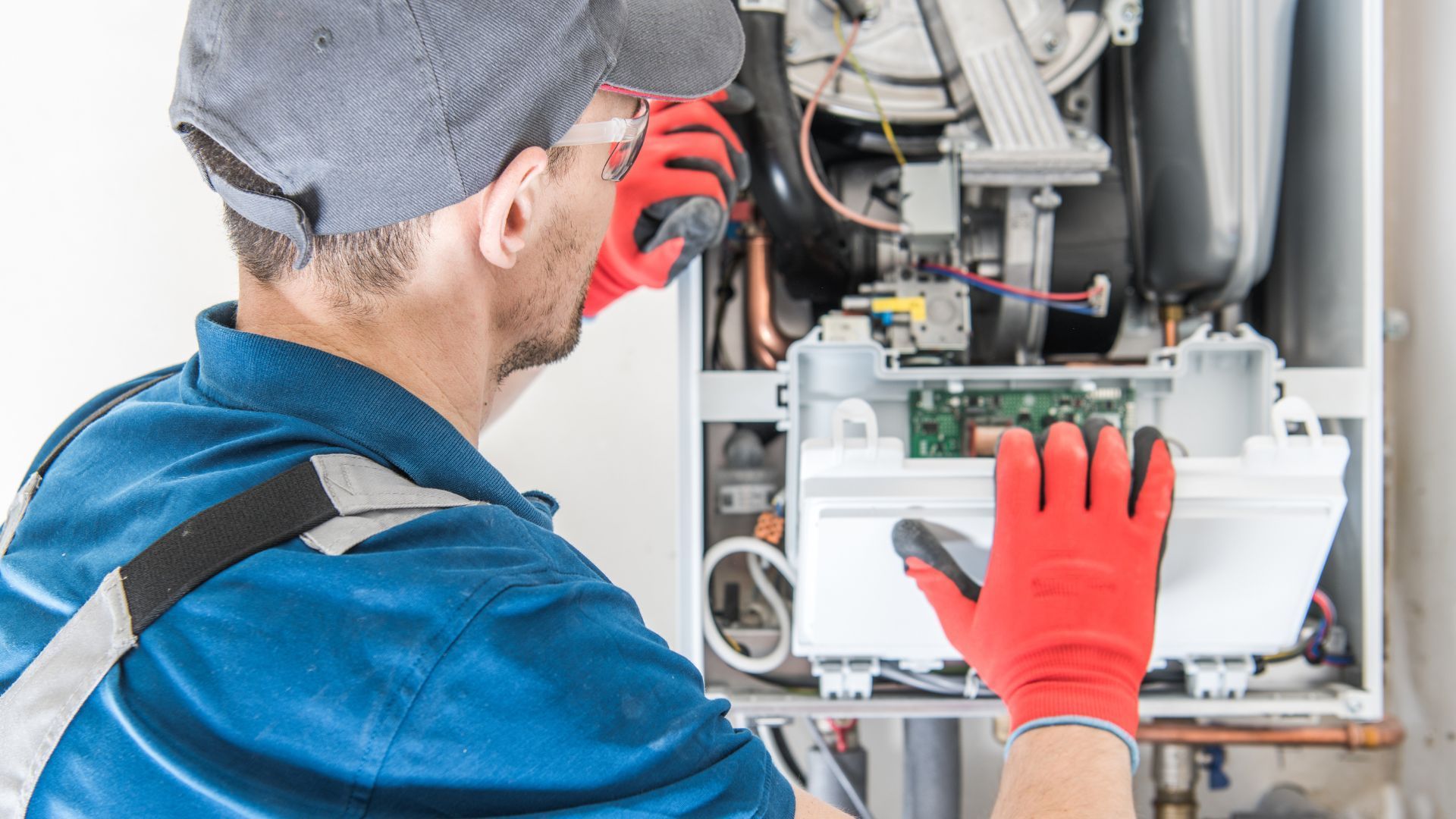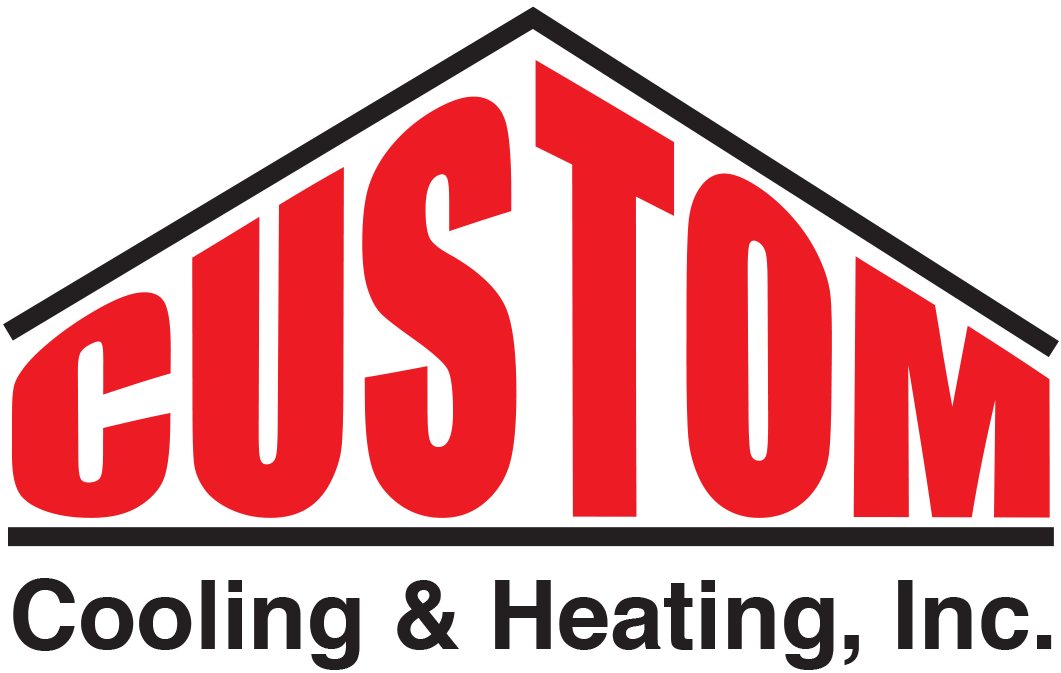Choosing Between a Heat Pump vs Air Conditioner
Choosing the right climate control system is a big deal when it comes to keeping your home comfortable year-round. For many homeowners, the decision often comes down to choosing between a heat pump and an air conditioner. In this blog, we'll break down the main differences, helping you make an informed decision in choosing between a heat pump vs air conditioner.
Understanding Heat Pumps vs Air Conditioners
A heat pump is a reliable system that provides both heating and cooling. Unlike traditional heating systems, which generate heat, a heat pump transfers heat from one place to another. In the winter, it takes heat from the outside air (even when it’s cold) and brings it indoors. In the summer, it works like an air conditioner, removing heat from inside your home and releasing it outside.
An air conditioner is designed specifically to cool your home. It works by removing heat from the indoor air and blowing it outside. Most air conditioners consist of two main parts: an indoor unit that absorbs the heat and an outdoor unit that gets rid of the heat. While its cooling abilities are great, air conditioners do not offer heating capabilities by themselves.
Weighing the Pros and Cons
1. Climate and Efficiency
- Heat Pump: Heat pumps are effective in both heating and cooling, making them ideal for moderate climates. They can help you save on your energy bills, especially if you live in an area with mild winters and hot summers. Modern heat pumps are made to perform even in colder temperatures, making them versatile for a variety of climates. All heat pumps in the northern climate require a backup heat source (electric, gas or propane furnace). There are tax credits up to $2000 for heat pumps and local utility rebates available to lower the overall cost for installation.
- Air Conditioner: Best suited for regions where high demand for cooling your home is needed. The more demand for the unit to cool the space the more beneficial high efficiency units are. There are tax credits up to $600 for A/C’s and local utility rebates available to lower the overall cost for installation.
2. Energy Costs and Savings
- Heat Pump: Although the initial installation cost can be higher, heat pumps usually have lower operating costs due to their dual functionality and energy efficiency. Many homeowners find that heat pumps save money in the long run through reduced energy consumption for heating and cooling the home. This is due to the use of the refrigeration cycle to transfer the heat from outdoors to inside the home. A typical furnace (electric, gas, or propane) uses the energy to create heat, not transfer heat like a heat pump.
- Air Conditioner: Typically, air conditioners have a lower initial cost compared to heat pumps. They will be coupled with an electric, gas or propane furnace for supplying the heat to the home. Typically heat pumps and A/C’s of a similar make and grade will have the same cooling efficiency.
3. Installation and Maintenance
- - Heat Pump: Installation of a heat pump can be slightly more complex, especially if you’re converting from an A/C. Regular maintenance is important to ensure efficiency and longevity. A well-maintained heat pump can last up to 12 years and beyond. Heat pumps run year around so inherently the maintenance and tendency for part failure is higher than an A/C.
- - Air Conditioner: Installation is typically straightforward, especially if you’re replacing an existing unit. Regular maintenance, like cleaning filters and checking refrigerant levels, is essential for the best performance. Air conditioners can typically last up to 15 years and beyond.
4. Environmental Impact
- Heat Pump: Heat pumps are environmentally friendly since they use electricity to transfer heat rather than burning fossil fuels for heat. They can reduce your carbon footprint and contribute to a greener home.
- Air Conditioner: Since A/C’s only cool your home, they rely on whatever furnace that it is coupled with to heat your home which may have a larger environmental impact. Choosing a high efficient A/C will lower the need for peak demand on the electrical grid in the summer.
Making the Right Choice
Choosing between a heat pump and an air conditioner depends on multiple factors, including your climate, budget, and HVAC needs. At Custom Cooling & Heating, our experts can help you assess your specific situation and recommend the best solution for your home.
Rely on Us for Your HVAC Needs
Contact us today or personalized service and reliable HVAC solutions. Our team of professionals is here to provide personalized advice, top-notch installation, and ongoing support to ensure your home stays comfortable year-round.
Read our latest articles



